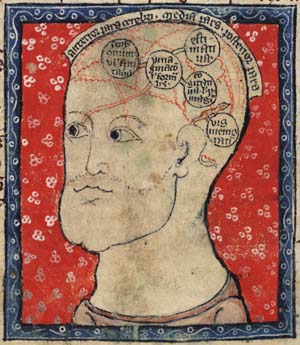The Medieval Encyclopaedia: Science and PracticeAt the University Library
The story of the Creation, Temptation, and Fall lamented the loss of harmony between God, nature, and man. Medieval science sought to restore this harmony by encouraging a wholistic view of the world. The all-embracing knowledge of physical and spiritual realities was advocated in encyclopaedic volumes as well as in highly specialised texts. Bestiaries presented information about animals, real and imaginary,
in the light of Christian moralisation. Treatises on music and arithmetic
focused on the harmony of creation. History inspired prognostication.
Maps combined geography with mythology. Medicine drew on astrology
and alchemy. Scientific manuscripts reveal the multifaceted use
of images as text markers, paedagogical illustrations, incentives
for careful reading, mnemonic aids, and visual interpretations.
|
||
